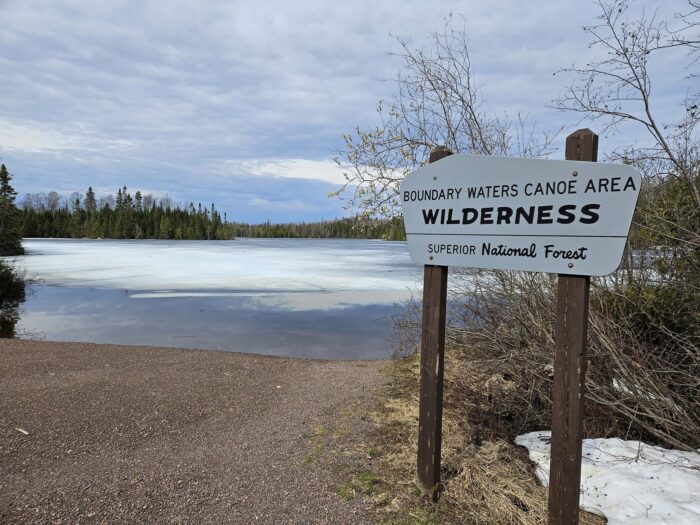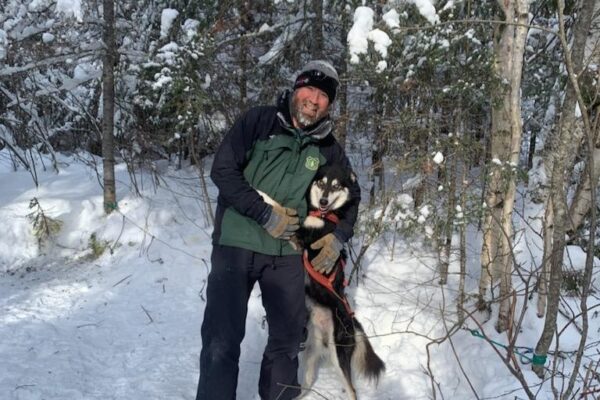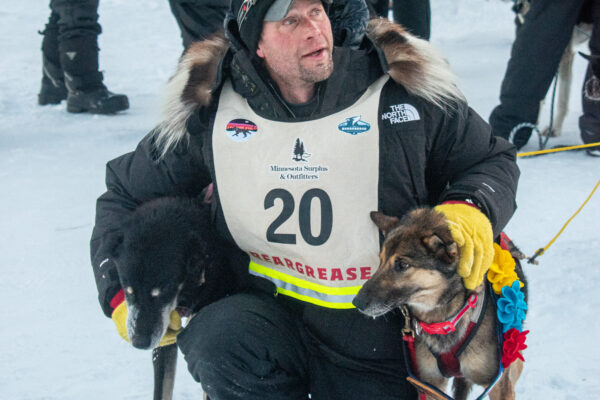Mining opponents and supporters claim victory after DNR weighs in on potential mines near the BWCA
Opponents and supporters of nonferrous mining near the Boundary Waters declared victory yesterday following a decision by the state Department of Natural Resources to expand a mining buffer zone around the most visited wilderness area in the nation.
Wednesday’s announcement from the DNR focuses on preventing light and noise pollution in the BWCA as a result of any potential mining operations.
The group Northeastern Minnesotans for Wilderness (NMW) sued the DNR in 2020 over its regulations for nonferrous mining, which is essentially any type of mine where minerals other than iron are extracted from the earth. In a statement sent to WTIP yesterday, NMW Executive Director Ingrid Lyons said it was “encouraging that the Minnesota Department of Natural Resources recognizes that the existing rules, promulgated 30 years ago, are no longer adequate to protect the Boundary Waters.”
However, in subsequent interviews Lyons also expressed disappointment about the fact the DNR did not include water quality and air quality in their decision to expand the mining buffer zone around the BWCA.
The agency said in a 74-page decision filed on the final day of May that it will begin rewriting its rules to expand the size of a protective minerals management corridor next to the Boundary Waters.
A DNR news release also noted that the agency will ask state lawmakers to address other concerns about mine waste storage and leaching raised by the public through comments collected about its rule in 2021. The agency reviewed 4,000 messages and letters.
“We received many comments that raised questions about the State’s policy and risk tolerance around nonferrous mining,” DNR Commissioner Sarah Strommen said. “We believe these broader policy questions are more appropriately addressed by Minnesota’s Legislature.”
Across northeastern Minnesota, District 3A Rep. Roger Skraba and District 3 Sen. Grant Hauschild have both publicly spoken in support of proposed mining projects across the region, including copper-nickel mines.
In a public statement yesterday, Julie Lucas, the executive director of Mining Minnesota, said the group supported the DNR leaving any fundamental state policy changes to the Legislature.
WTIP’s Joe Friedrichs spoke with Lucas June 1 about the DNR’s decision. “We are happy to see that,” she said about the DNR putting a decision “in the hands” of the Legislature.
Regardless, projects such as a proposed mine operated by Twin Metals still face great hurdles before becoming reality. In January, Interior Secretary Deb Haaland signed an order closing over 350 square miles of the Superior National Forest, in the Rainy River Watershed around the town of Ely, to mineral and geothermal leasing for 20 years, the longest period the department can sequester the land without congressional approval.
Listen to the full interview with Lucas in the audio shared below.














